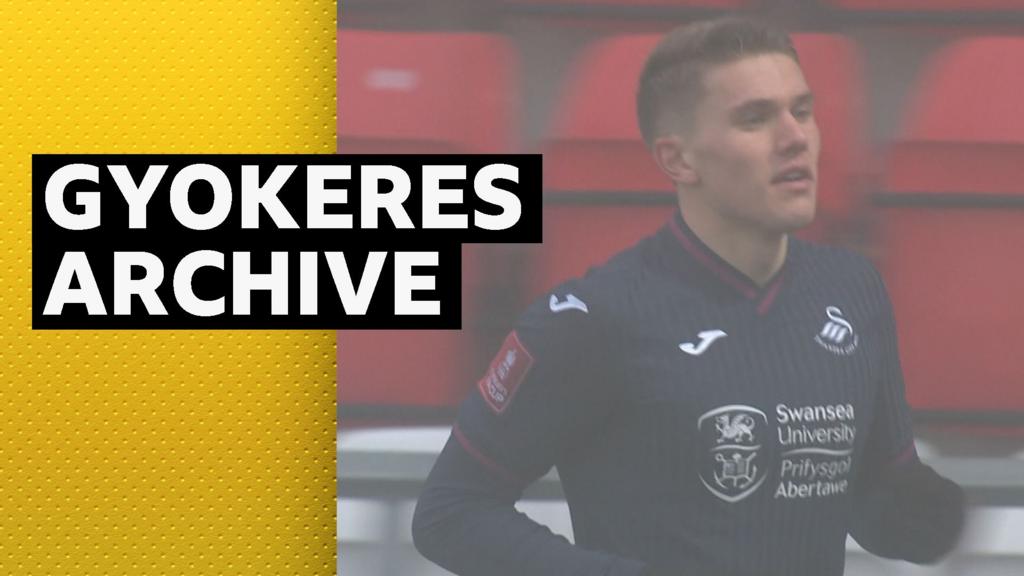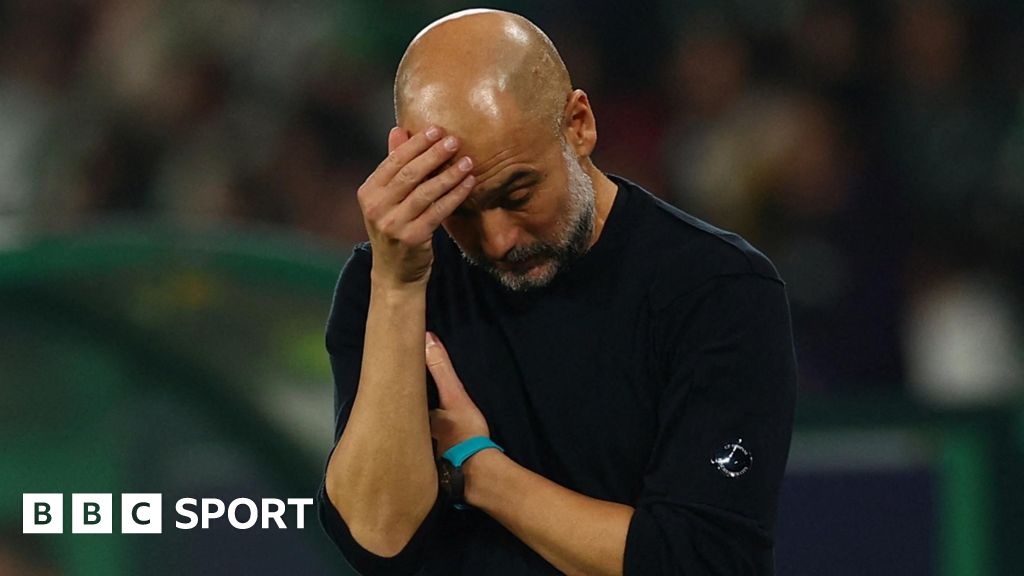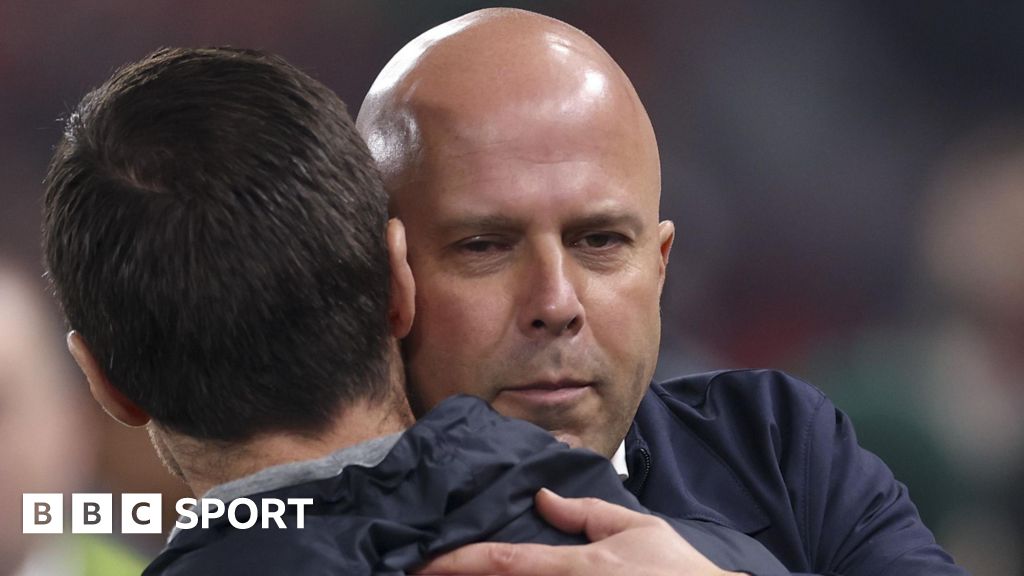ARTICLE AD BOX
Earlier this week, before his return to Ireland's starting line-up was confirmed, Garry Ringrose offered an insight into the level of importance head coach Andy Farrell attaches to every game.
The fit-again centre recalled Farrell saying 'the biggest game in Irish rugby's history is always the next one'.
Grandiose, yes, but when put to Farrell during his team announcement news conference, the Englishman offered a compelling case as to why he would view Saturday's second Test against South Africa through that prism.
“Because we are playing against the world number one at [their] home after we have lost a game, and we don’t tend to lose two on the bounce," said Farrell.
Facing the back-to-back world champions is a big enough deal for a team who covets such a status, but Farrell's second point warrants further inspection.
Indeed, Ireland's resilience has been one of the most impressive aspects of his four-year reign.
Consider some of the team's most significant defeats under Farrell. After losing the series opener to the All Blacks in 2022, they rebounded to win the next two and create a bit of history for Irish rugby.
And having stewed on a World Cup quarter-final defeat by New Zealand for months, Ireland issued a Six Nations statement by beating France on an electric night in Marseille.
Later in the campaign, England fly-half Marcus Smith's drop-goal denied Ireland the chance of back-to-back Grand Slams, but they still regrouped to see off Scotland and retain the title.
Like a golfer who doesn't follow up a drop shot with another, Ireland have been good at moving past pain.
In fact, not since the 2021 Six Nations have the Irish suffered successive losses (a 13-15 loss to France in that campaign was actually their third straight defeat having also fell to Les Bleus in the delayed 2020 Six Nations four months prior).
Ireland have won 33 of their past 38 Tests but their bounce-back-ability faces the sternest possible test against the Springboks this weekend.
But speaking on Friday, Caelan Doris says Ireland can be inspired by how they have handled setbacks in the past.
"We've touched on a few of those, that New Zealand one [in 2022] in particular where we felt we didn't get things right," said Doris.
"We showed a bit of resilience in the second Test. I always say to you guys that we have a lot of belief in how we do things, the quality of player and coach.
"We'll lean on that belief. We want to finish with a good performance and result at the end of a long season."
A long season it has been. It's been 13 months since Ireland gathered for their pre-World Cup and the wear and tear of a gruelling year has surfaced.
While South Africa boss Rassie Erasmus - who beat Ireland for the first time last week - has been able to name an unaltered 23-man matchday squad, selection headaches have continued to occupy Farrell's thoughts, with Bundee Aki, Dan Sheehan and Craig Casey ruled out.
Last week, eyebrows were raised when Farrell handed Jamie Osborne a Test debut in an unfamiliar full-back role for the first Test, but the Leinster man marked his first cap with a try.
An even bigger call came this week when Farrell dropped captain Peter O'Mahony to the bench, with Doris taking the captaincy.
It is a daring punt from a coach both bristling from his side's sluggish first-half performance in Pretoria and keen to avoid the dreaded double defeat.
Ireland will be desperate to start strongly and silence a fiercely partisan crowd at Kings Park on Saturday.
However, slow starts have sometimes hamstrung them in the biggest games. They allowed the All Blacks to race into a 13-0 lead in the World Cup quarter-final before fighting back, while last week they conceded a Kurt-Lee Arendse try inside three minutes and trailed the world champions 13-3 before Osborne crossed.
Knowing an inhospitable atmosphere awaits, flying out of the blocks has clearly been a focal point in the Irish camp this week.
"Starting early, especially away from home, is important given the hostility of the South African crowds and some of the crowds we have faced in the past," said Doris.
"Trying to remove them or lessen them is a factor as well by starting early is important."
Doris also pointed out that Ireland don't tend to lose games when they build an early lead.
If they can pierce a mean Springbok defence in the opening exchanges on Saturday, they might just escape with a drawn series and their proud record of avoiding back-to-back defeats in tact.

 3 months ago
20
3 months ago
20








 English (US)
English (US)